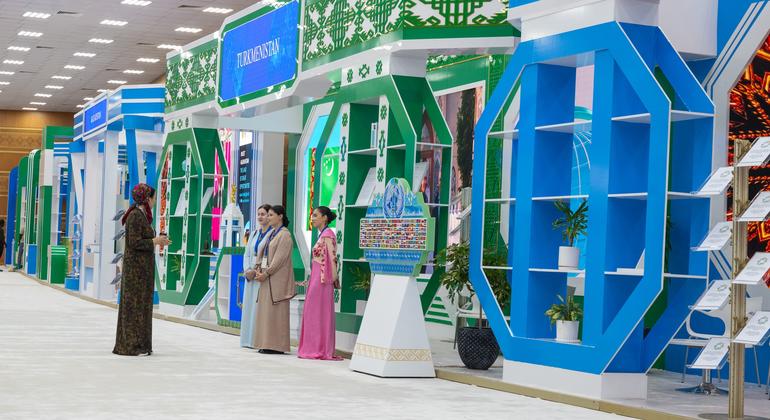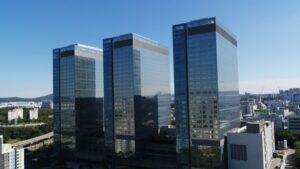Sure! Here’s the translation into American English:
—
During the Parliamentary Forum of the Third UN Conference on Landlocked Developing Countries, held this Monday, high officials from the international organization emphasized the need for political will and national legislative measures to implement a new ten-year development plan. This ambitious program aims to create a significant impact in the 32 countries that lack direct ocean access, which are home to nearly 600 million people.
Landlocked countries, many of which are classified among the least developed economies, face considerable challenges, including high transportation costs, limited connection to global markets, and increasing vulnerability to climate change. High Representative Rabab Fatima highlighted that these challenges are not only a result of lack of access to the sea but also due to inadequate infrastructure and limited resources in areas such as export and financing.
The figures presented are alarming: although landlocked developing countries make up 7% of the global population, their contribution to global GDP barely reaches 1%. Furthermore, trade costs in these nations are 30% higher than in coastal countries. The situation is exacerbated when considering that only 61% of the population in these countries has access to electricity, compared to 92% globally, and less than 40% have internet access.
Fatima introduced the Awaza Action Program as a “clear roadmap” to transform these disadvantages into opportunities, underscoring that its success depends on concrete actions at the national level. Therefore, she urged lawmakers to align national strategies with the plan’s objectives, ensure adequate financing, promote trade, and implement good governance practices.
The President of the UN General Assembly, Philémon Yang, supported this call, emphasizing the responsibility of parliaments to turn global commitments into tangible achievements at the national level. He highlighted the importance of creating a legal framework that fosters development in key areas such as infrastructure, innovation, and trade, as well as managing resources in sectors like education, health, and climate action.
Yang also addressed the urgency of environmental responsibility, referencing a recent advisory opinion from the International Court of Justice declaring that climate action is a legal duty of all States. He reiterated the role of parliaments in overseeing government actions and ensuring efficient use of public funds, describing them as an essential link between the State and society.
Finally, the President emphasized that strengthening inter-parliamentary cooperation, both regionally and globally, is crucial to addressing the challenges faced by landlocked developing countries. He closed his remarks by reaffirming the commitment of the General Assembly as “the parliament of humanity,” advocating for an inclusive development agenda that benefits these nations and promotes peace, prosperity, and dignity for all.
—
Let me know if you need any further assistance!
via: MiMub in Spanish











